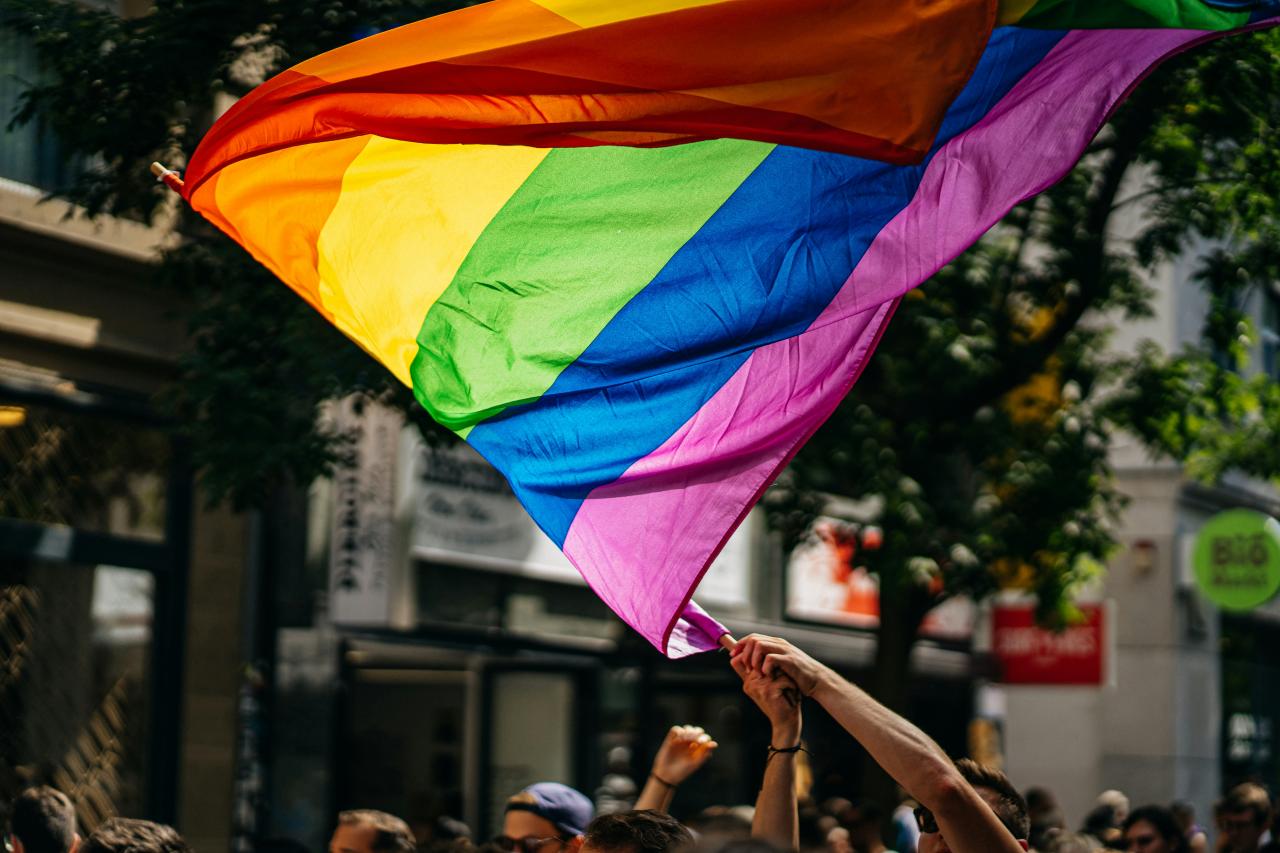On 29 June Paris’s streets will become vibrant with PRIDE celebrations and the annual march for equal rights. “No party is truly good unless everyone feels welcome”, says Kluster co-founder Léopoldine Nicolas. Her Paris-based collective of feminists, allies and LGBTQI+ event organisers fights for une fête bienveillante, a wish shared by diverse LGBTQI+ – lesbian, gay, bisexual, transgender, queer and intersex – associations and businesses that help make up Paris’ multifaceted nightlife. “Safety, freedom and awareness – that’s what we need when we go out at night.”
Paris’s night sector is vital for the local economy, and potentially hugely attractive for visitors from all over the world. The city’s 83,000 workers, and more than 15,000 bars and restaurants (January 2024) will surely be active in the run-up to the 2024 Paris Olympics.
This article sheds light on Paris night-time policies: what initiatives keep the city open, inclusive and safe and who is involved – from public policy and local community organisations to URBACT Action Planning Networks.
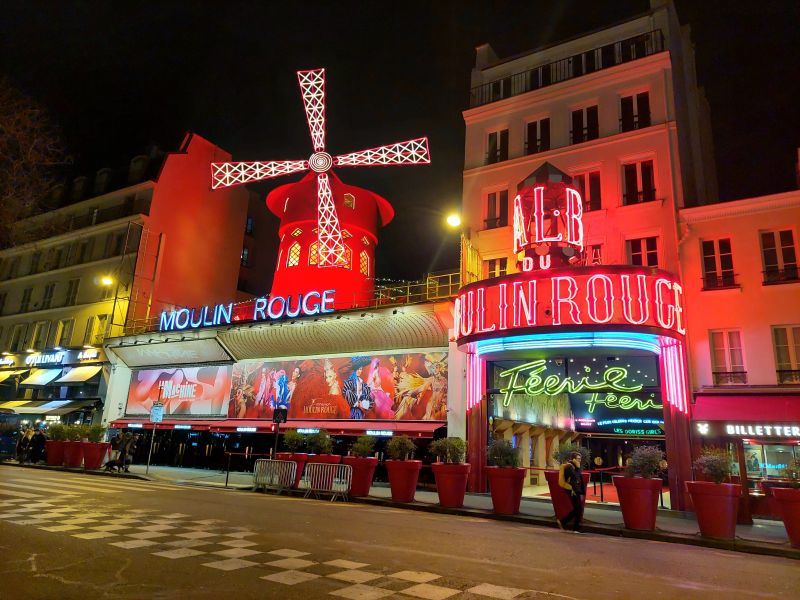
The City of Lights sheds light on the night economy
Paris has one of Europe’s most advanced, integrated models of thematic policy dedicated to the night-time economy. “To ensure good quality of life for all, it's crucial that nights are not just about consumption, but also sharing, culture, debate and social interaction”, says Frédéric Hocquard, deputy mayor of Paris in charge of tourism and night-time economy.
In 2014, Paris launched the Conseil de la Nuit, or Night Council. This was a few years after talks had emerged to address conflicts between bar owners and residents in the aftermath of the smoking ban. "Through the Conseil de la Nuit, we have supported and built a diverse and inclusive nightlife, with a special focus on the LGBTQIA+ community, historically very active in Parisian nights," said Mr Hocquard. “Very quickly, the idea emerged to deal with the night as a whole, not just problems of noise pollution but also issues of attractiveness, prevention, discrimination, town planning, the well-being of night workers, tourists, etc.,” recalls Thierry Charlois, manager of Paris Night Policy since 2014.
“This is all about integrated policymaking, it’s completely transversal and collaborative,” adds Thierry. Grouping six categories of stakeholders – institutions, associations, unions, specific organisations, experts and personalities, nightlife users – the Night Council has eight thematic working groups to develop, promote and regulate the city’s night economy.
The LGBTQI+ perspective on the Parisian night economy
Night-time establishments, like bars or clubs, have often been a refuge for LGBTQI+ and other marginalised communities. Clubs, bars and other night businesses have also been spaces of discovery of alternative LGBTQI+ scenes. “We invite performers, dancers, artists, and we encourage new activities”, explains Léopoldine. If these spaces are not protected, adds Kluster co-founder Léopoldine Nicolas ,“ultimately, they’ll be swallowed up by mainstream, heteronormative culture, and market forces”.
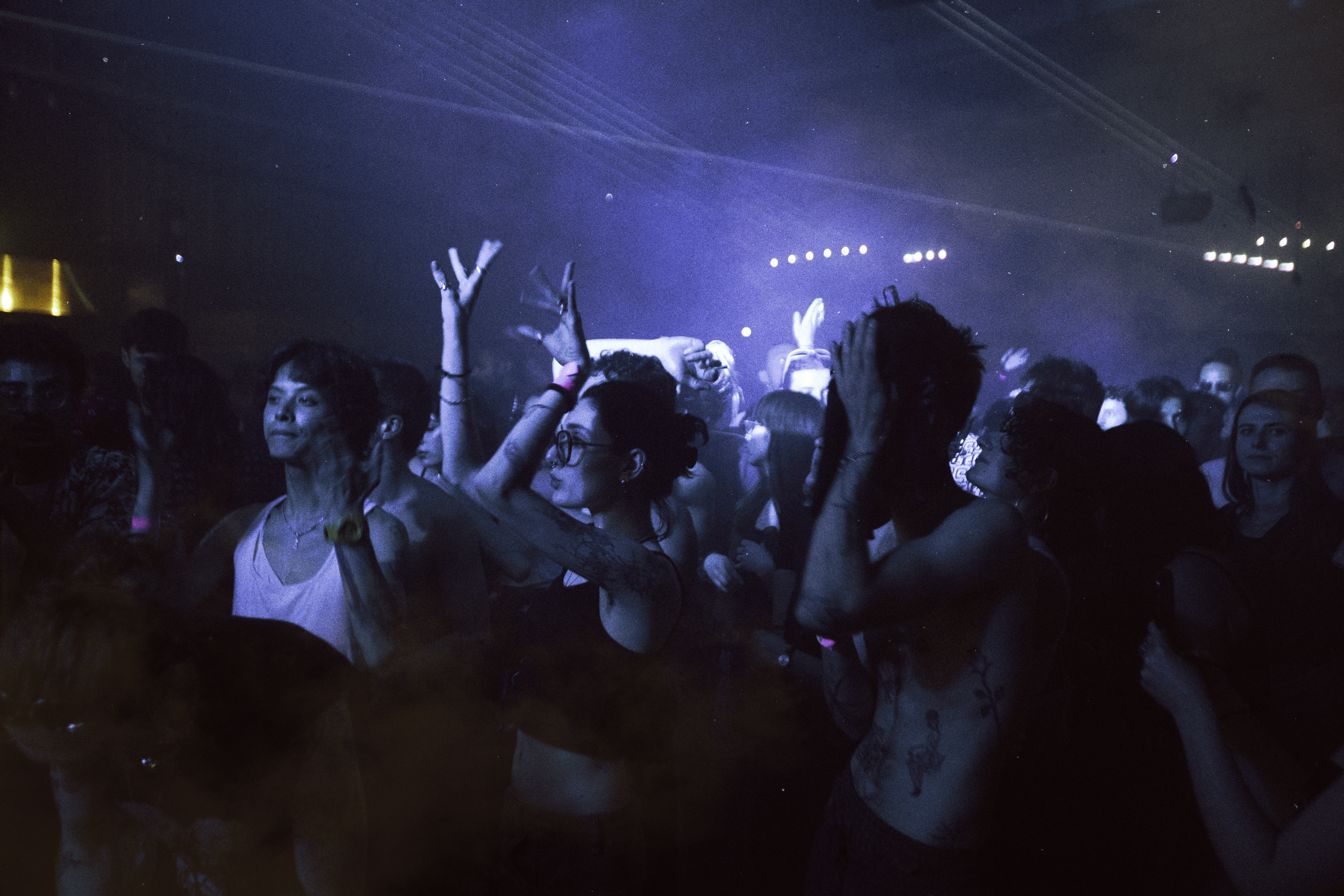
DJ Pierre-Alexandre Moreau, who regularly collaborates with Léopoldine and Kluster, speaks on the collective power of these spaces in the city. “We set high standards for promoting safer spaces. For example, communicating our values, sharing rules on behaviour, charters explaining what is and isn’t OK. Care is important, with trained volunteers taking turns through the night to make sure all’s well, stepping in if necessary.”
“LGBTQI+ people have always been pioneers in many areas, including partying", reflects Remi Calmon, director of SNEG & Co. Yet, amidst celebrations and increased visibility, members of the community still face aggression, harassment and even physical violence. “Just two months ago a young, outwardly gay man was attacked in a Paris bar.” According to Remi, in return "The city must preserve our venues and guarantee the LGBTQI+ public the possibility of frequenting these places that have contributed to emancipation and acceptance.”
City policy-makers...What have you done for me lately?
Paris is working with associations like Kluster, Consentis and ActRight, for example, supporting LGBTQI+-friendly festivals and events, and campaigns on sexual consent and harm reduction. For Léopoldine and Pierre-Alexandre, there has been an evolution in the contribution of LGBTQI+ associations in Paris night policies. “Before, there was relatively little contact between grassroots and higher levels. Now we’re starting to have more exchanges, joining initiatives like the Night Council, where we are made to feel welcome, we’re listened to, included.”
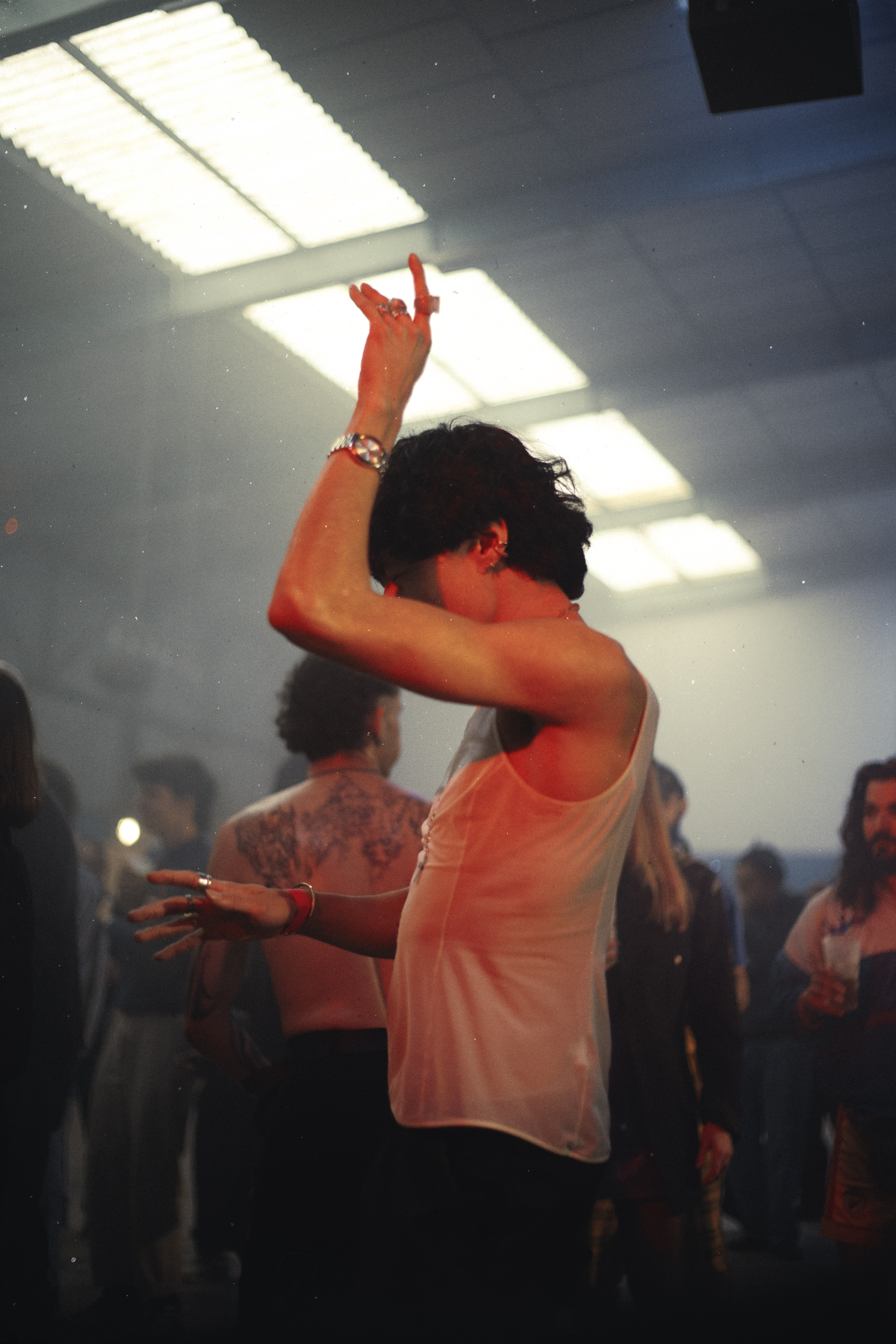
Even when it comes to logistical planning, like being able to stay open late, city-level support for spaces, subsidies, and authorisations plays a big role. City Hall supports LGBTQI+-friendly commerce throughout the year, and on important dates such as the Music Festival and the Pride March – coming up this month.
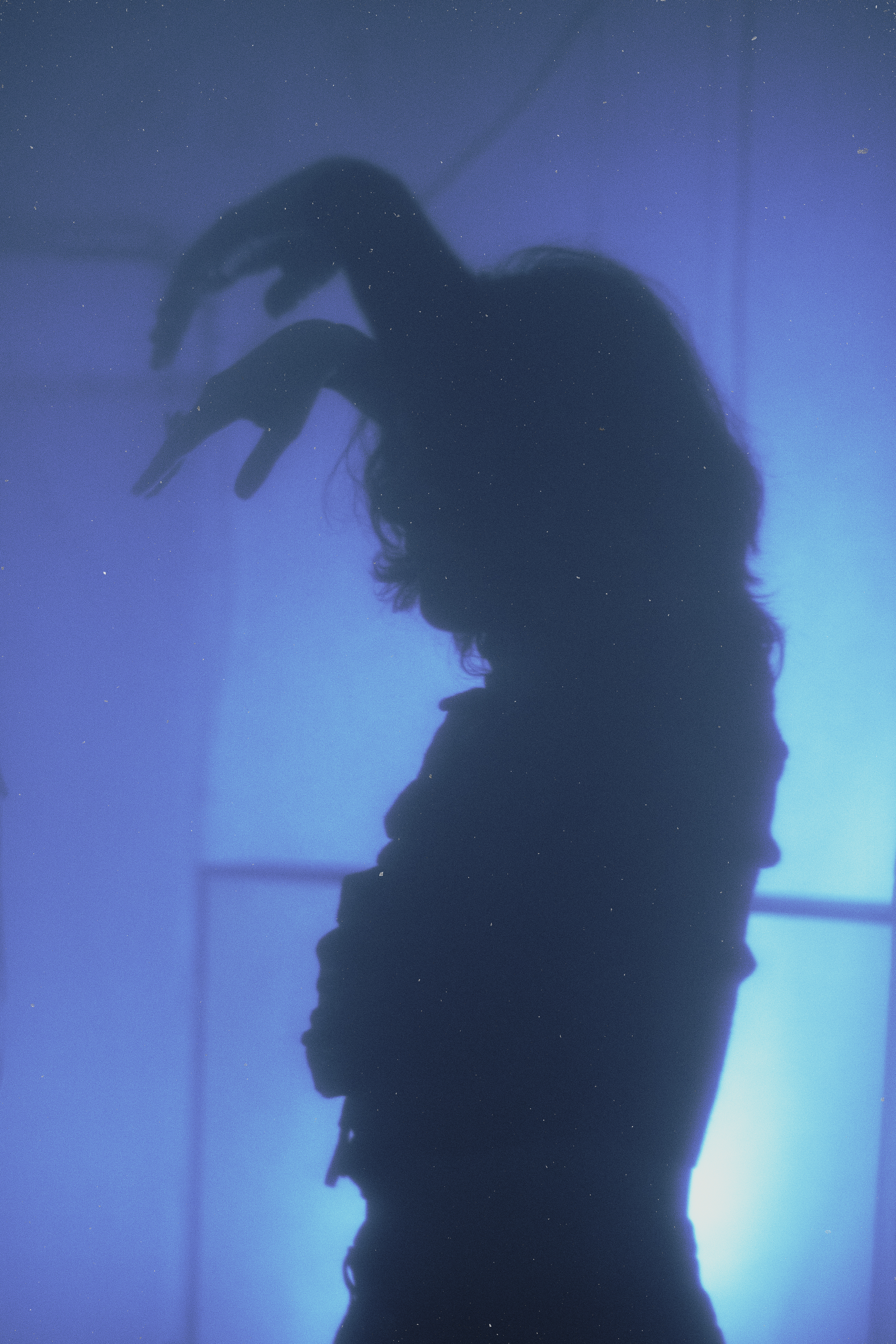
Paris’s Night Council supports Marateuf, an event that Léopoldine and Pierre-Alexandre co-organise with other grassroots organisations and LGBTQI+ associations and event spaces. These events are dedicated to celebrating inclusive and bienveillante nightlife. For Léopoldine, this support “helps non-profit groups create night-time events that are driven by a truly inclusive community vision, programming female and LGBTQI+ artists, etc, rather than focusing on making money”.
From a business perspective, Remi has also seen development. He has been involved in the Night Council for quite some time, and SNEG & Co is a ground-breaking professional syndicate that has represented LGBTQI+ bars, clubs and other night business owners since 1990. Over the years, the night-time business in Paris has changed dramatically for the organisation’s 130 LGBTQI+ or LGBTQI+-friendly members. For instance, the city recently bought a building to save an iconic dance club, Le Tango.
URBACT Networks amplify the call for inclusion and care
What comes through in conversations with Paris’s LGBTQI+ communities is a need to make and protect space for tolerance and care, and above all break down silos to include diverse voices in city night policies, for the benefit of everyone. Paris has started to take small steps for activists, connecting with LGBTQI+ associations and members of the communities. Léopoldine and her collaborators are just getting started. “We’re at the beginning. Public policy on nightlife is still dominated by the mainstream, owners of bars and clubs, and local residents' unions.”
Currently, Paris is able to leverage its experience building an inclusive night-time economy as a partner in the URBACT Action Planning Network Cities After Dark. According to Simone d’Antonio, Lead Expert for the Network: “Governance of the night-time economy needs to take into account all its different strands: business vibrancy, cultural vibrancy, green spaces, new services, public transportation, etc – reflecting and addressing the rich variety of the night.” Paris and nine other European cities provide case studies and models of night-time governance.
Find out more about URBACT cities and networks building Gender Equal Cities on the URBACT Knowledge Hub.

